HotSpots H2O: Attack on Libya’s Capital Cuts Off Water for Civilians, Detained Refugees
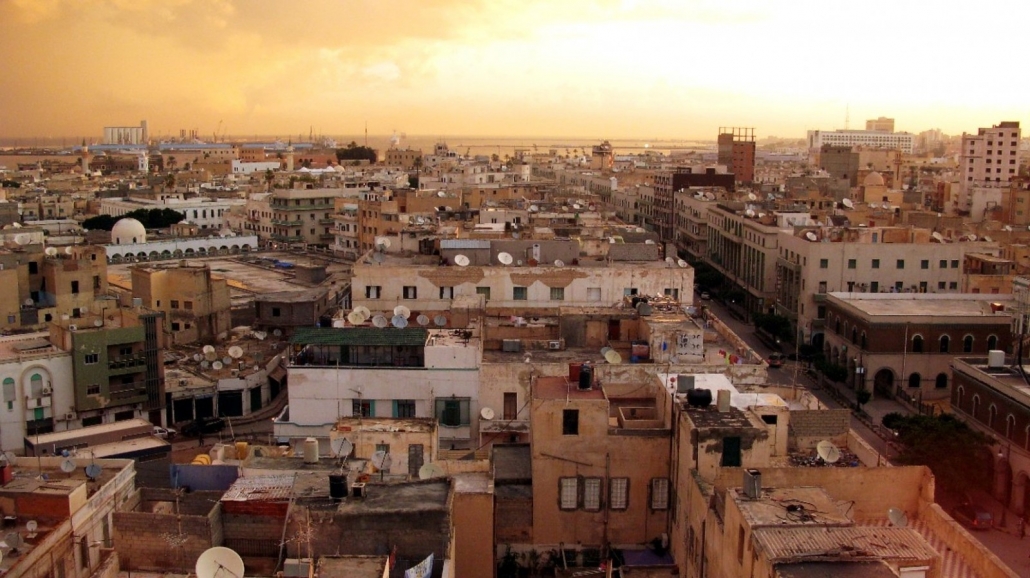
Tripoli, Libya. Photo courtesy of Wikipedia.
Following more than a week of attacks by a rebel group, the World Health Organization warns that an outbreak of waterborne diseases may be imminent in Tripoli, Libya’s embattled capital and largest city.
On April 4, the Libyan National Army, loyal to rebel leader Khalifa Haftar, announced the attack on coastal Tripoli. The Government of National Accord, which is backed by the United Nations, has withstood the onslaught, but air raids and attacks continue.
The battle has left 121 dead and 561 injured so far, according to the World Health Organization. The death toll includes at least a dozen civilians. An estimated 16,000 people have also been displaced.
Water shortages have flared in neighborhoods close to the fighting, which has been worst in Tripoli’s southern districts. Several thousand refugees in detention centers near the Libyan capital are also reportedly without water. The centers house migrants and asylum seekers who were detained en route to Europe.
“There is a serious risk to thousands of refugees and migrants trapped in detention, with at least one detention center located in the direct vicinity of the fighting,” Sam Turner, head of the Doctors Without Borders mission to Libya, told The Independent. “It is almost certain that the [fighting] will reach the detention centers.”
Recurring Water Cuts
Water outages have occurred repeatedly during the Libyan civil war, which began in 2011 when Muammar Gaddafi was overthrown as the country’s leader. Since then, various armed factions have jostled for control. Several times, water infrastructure has been a casualty–or target–of conflict.
In late 2017, a key Tripoli supply line was cut twice, leaving up to 2 million people without water. In June 2018, desalination was halted in Derna due to nearby attacks.
As Tripoli’s current clash wears on, humanitarian groups are trying to assist affected civilians, but access is limited in battle zones. The WHO reports that hospitals near the conflict have enough medicine and other supplies to last for about two weeks.
Kayla Ritter is a recent graduate of Michigan State University, where she studied International Relations and Teaching English to Speakers of Other Languages. She is currently based in Manton, Michigan. Kayla enjoys running, writing, and traveling. Contact Kayla Ritter

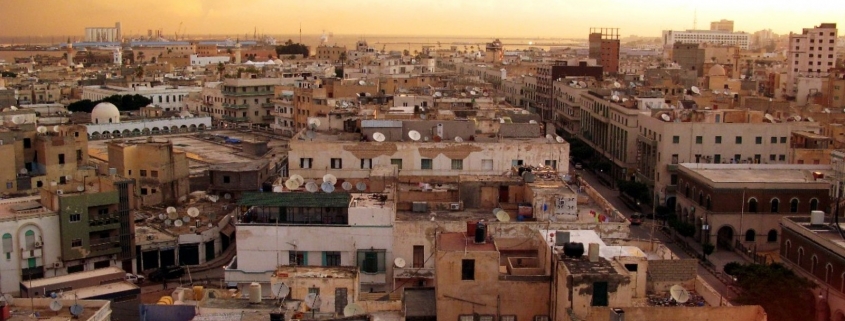

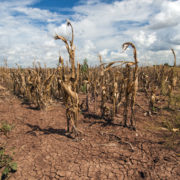

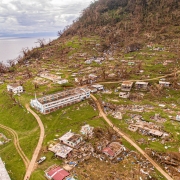

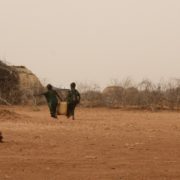





Leave a Reply
Want to join the discussion?Feel free to contribute!